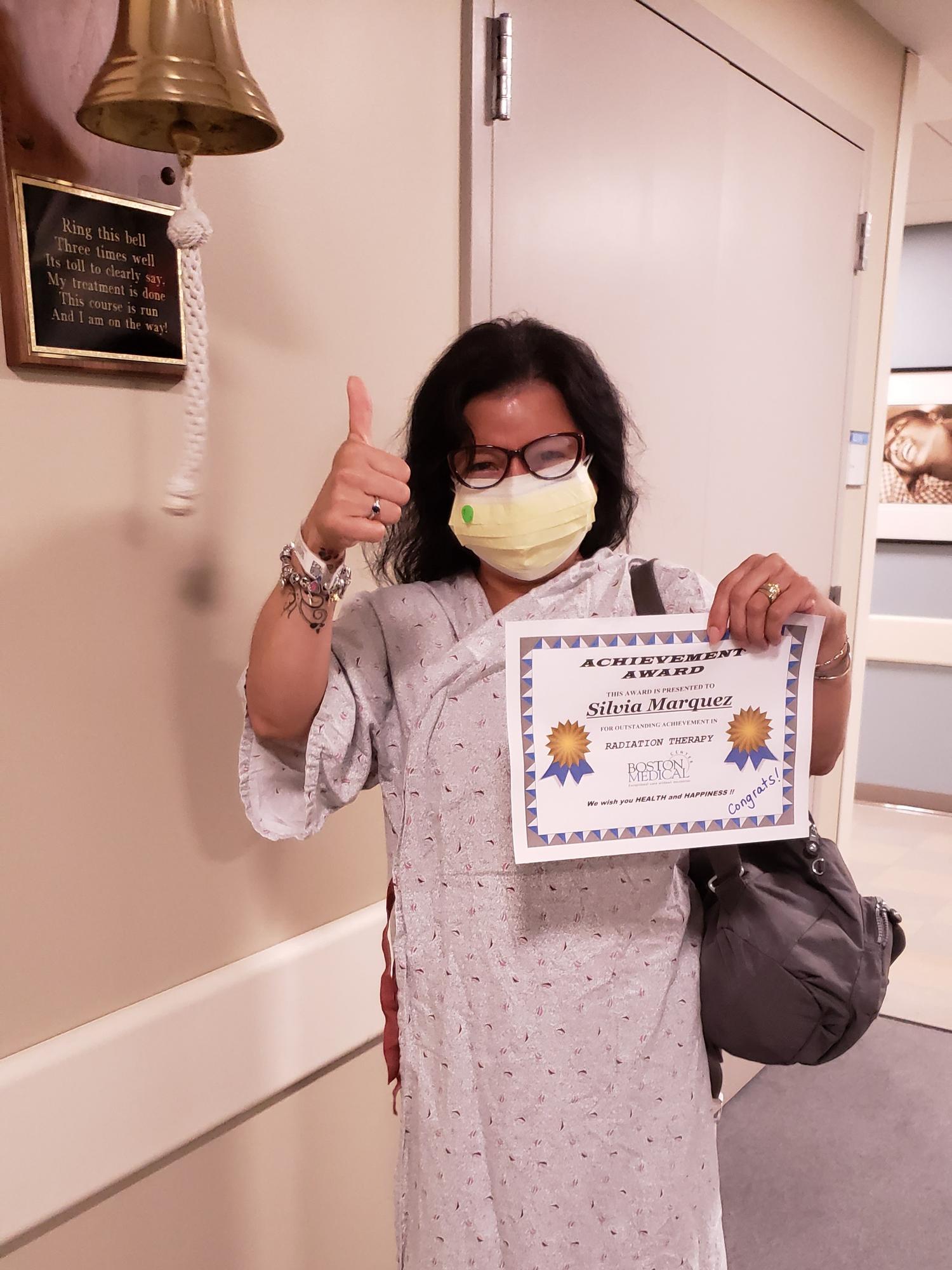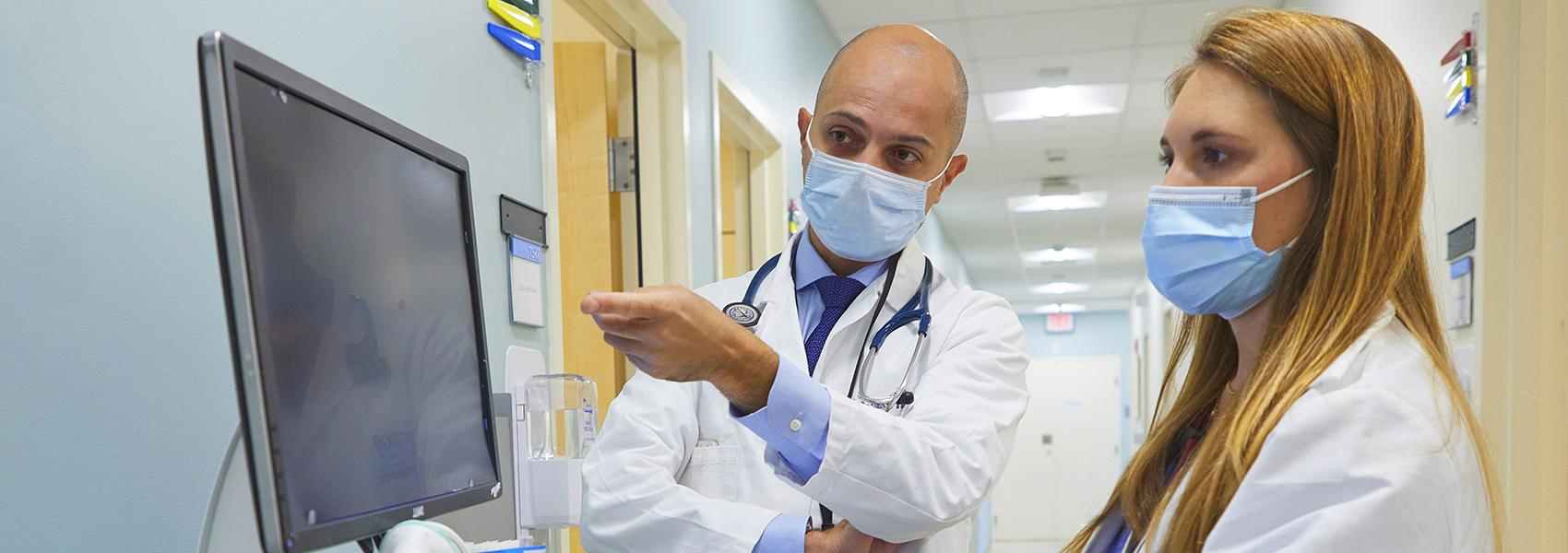Conditions We Treat
- Amyloid
- Adrenal Cancer
- Anal Cancer
- Bladder Cancer
- Bone Cancer
- Brain Tumors
- Breast Cancer
- Carcinoid Tumor
- Chest Wall Tumor
- Cervical Cancer
- Colon Cancer
- Cutaneous Lymphoma
- Diaphragm Tumor
- Endometrial Cancer
- Esophageal Cancer
- Gallbladder Cancer
- Head And Neck Cancer
- Hodgkin's Lymphoma
- Kaposi’s Sarcoma
- Kidney Cancer
- Laryngeal (Voice Box) Cancer
- Leukemia
- Liver Cancer
- Lung Cancer
- Lymphoma
- Mediastinal Tumor
- Melanoma
- Multiple Myeloma
- Nasopharyngeal Cancer
- Non-Hodgkin Lymphoma
- Oral Cancer
- Oropharyngeal Cancer
- Ovarian Cancer
- Pancreatic Cancer
- Prostate Cancer
- Rectal Cancer
- Sarcoma
- Sickle Cell Disease
- Skin Cancer
- Stomach Cancer
- Testicular Cancer
- Throat Cancer
- Thyroid Cancer
- Tongue Cancer
- Uterine Cancer
Our Programs
- Breast Cancer Program
- CAR T-cell Therapy Program
- Cutaneous Cancer Program
- Gastrointestinal Cancer Program
- Genitourinary Cancer Program
- Gynecologic Cancer Program
- Head and Neck Cancer Program
- Hematologic Cancer Program
- Neuroendocrine Tumor Program
- Oral Maxillofacial Surgery Oncology Program
- Sarcoma Program
- Sickle Cell Disease Program
- Stem Cell Transplant and Cellular Therapy Program
- Thoracic Cancer Program
My first appointment with the BMC Medical team was wonderful. I arrived with fear, without hope, but Dr. Michael Cassidy and Dr. Naomi Ko were empathetic, answered all my questions, made me feel safe and knew that I would overcome this disease.

Clinical Support Services
Hematology
Patients with blood disorders receive consultation and treatment for a broad range of benign conditions, such as hemoglobinopathies (sickle cell anemia and thalassemia), hemochromatosis, bleeding and thrombotic disorders (von Willebrand's disease and hemophilia), hypercoagulable states, myeloproliferative disorders, myelodysplasia and anemia, and malignancies such as leukemia, lymphoma and myeloma.
Medical Oncology
The Cancer Care Center at Boston Medical Center and its oncologists care for patients with malignant and non-malignant blood disorders and cancer.
Radiation Oncology
The first step is a consultation with a radiation oncologist who works closely with other physicians and medical professionals to coordinate the best possible care for every patient.
Surgical Oncology
Surgical oncologists provide comprehensive, expert surgical treatment for patients with a broad range of cancers. The team of surgeons, nurses, and support service personnel are among the best in the country, and the treatment approach, facilities, and technology available are state-of-the-art.
Resources for Patients
Cancer Center Support
A diagnosis of cancer can be a life-altering experience for you and your loved ones. The Cancer Care Center supports patients during all aspects of their care – from diagnosis through treatment and recovery. The Center is dedicated to providing you with a comprehensive set of services that address a wide range of needs.
Research
BMC researchers are finding innovative new ways to treat and cure cancers, including cancers of the breast, lung, colon, prostate, head and neck, blood cells (leukemia and lymphoma), and more.
As our patient, you'll have access to a wide range of clinical trials from both BMC researchers and researchers at other institutions. While we enroll any and all eligible patients in clinical trials, BMC physicians are in particular leaders in the enrollment of under-represented minorities in clinical trials.

